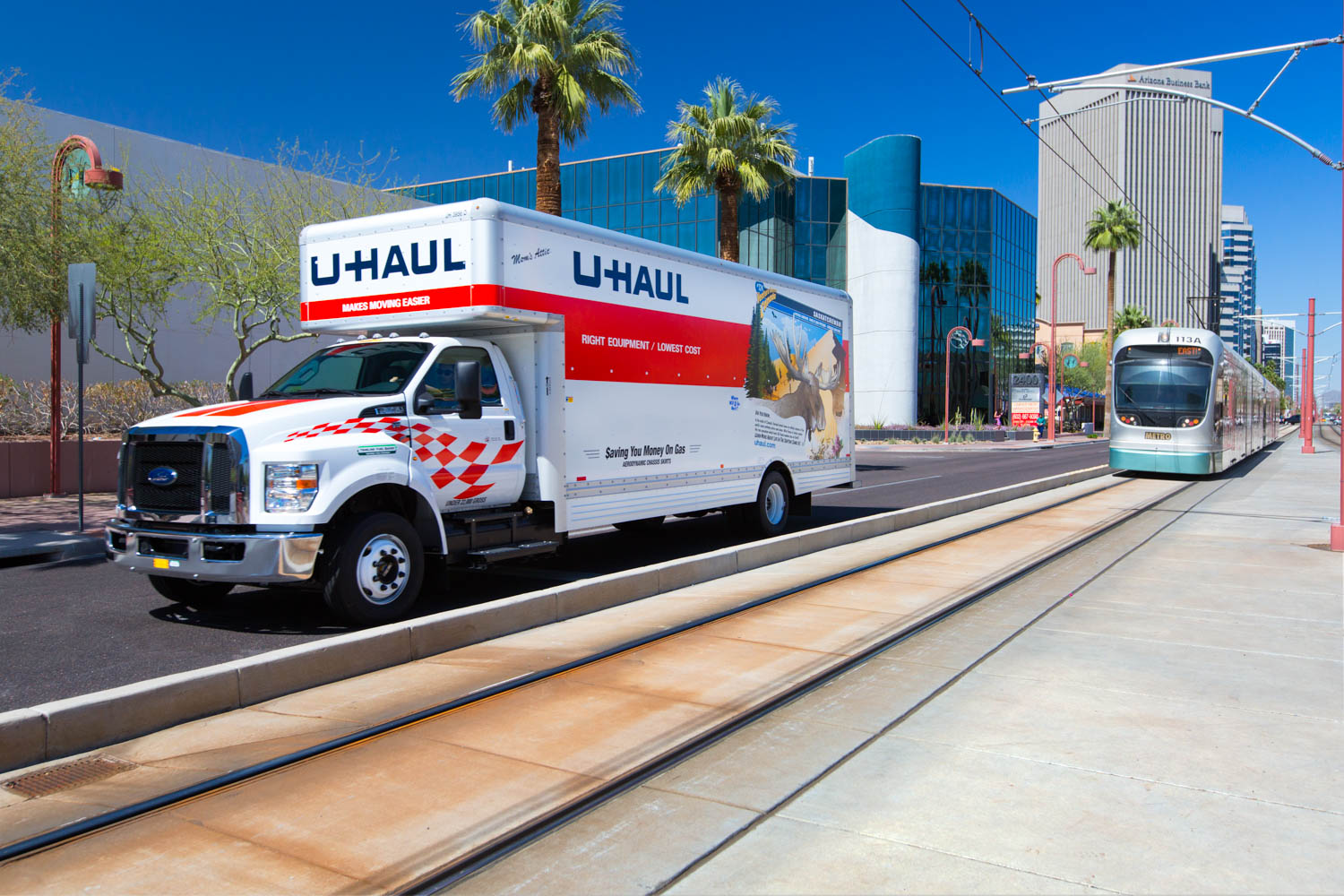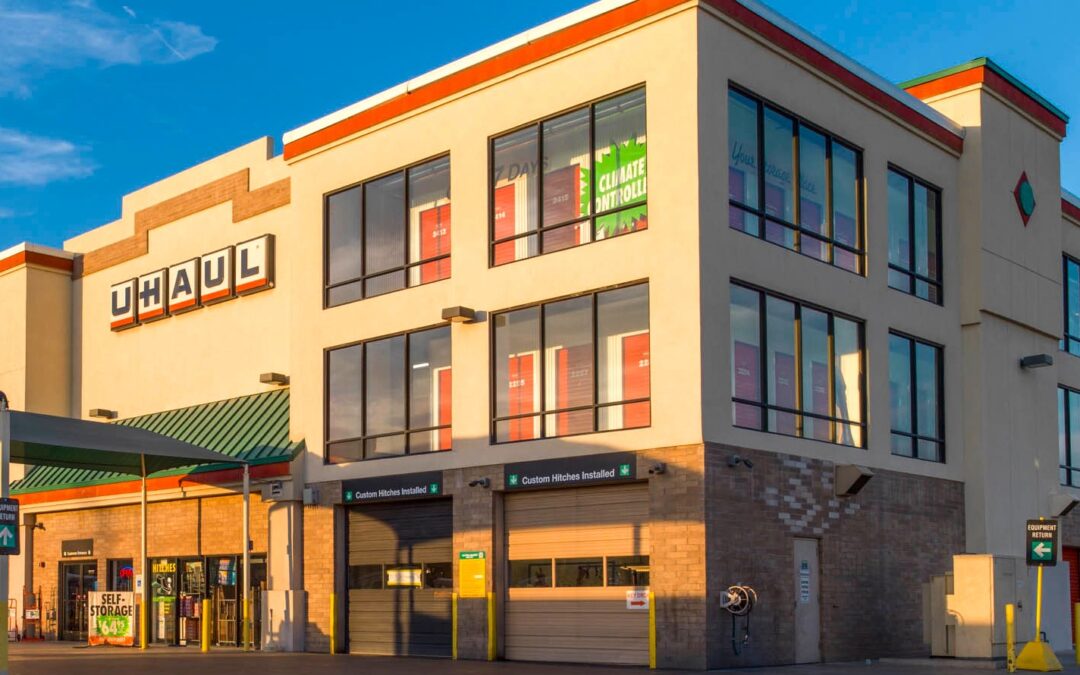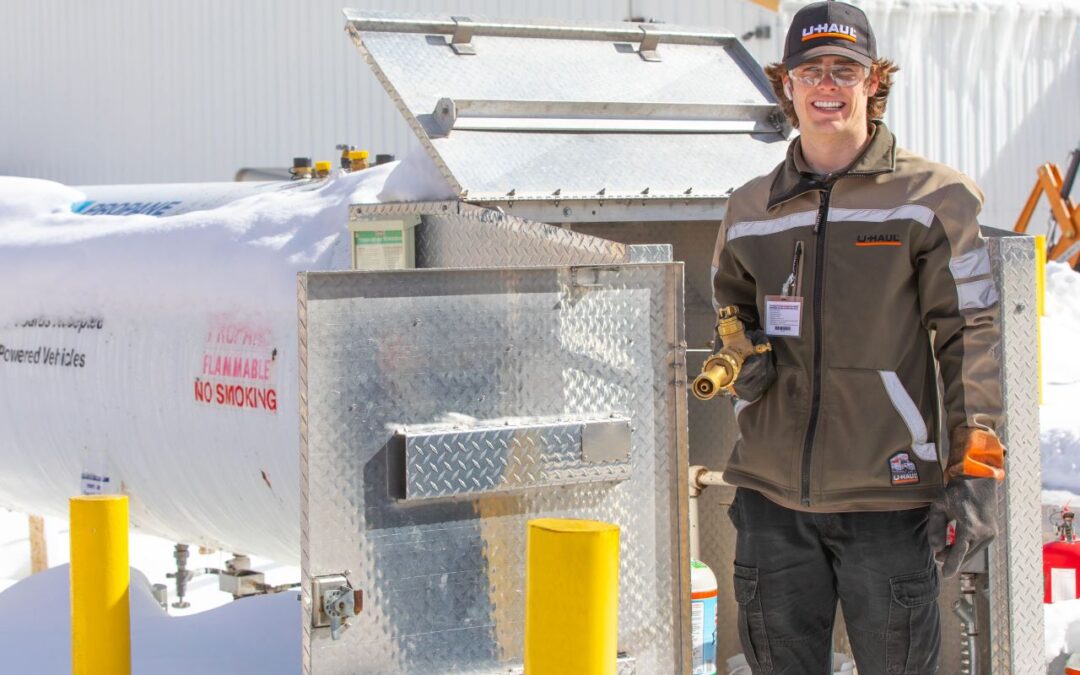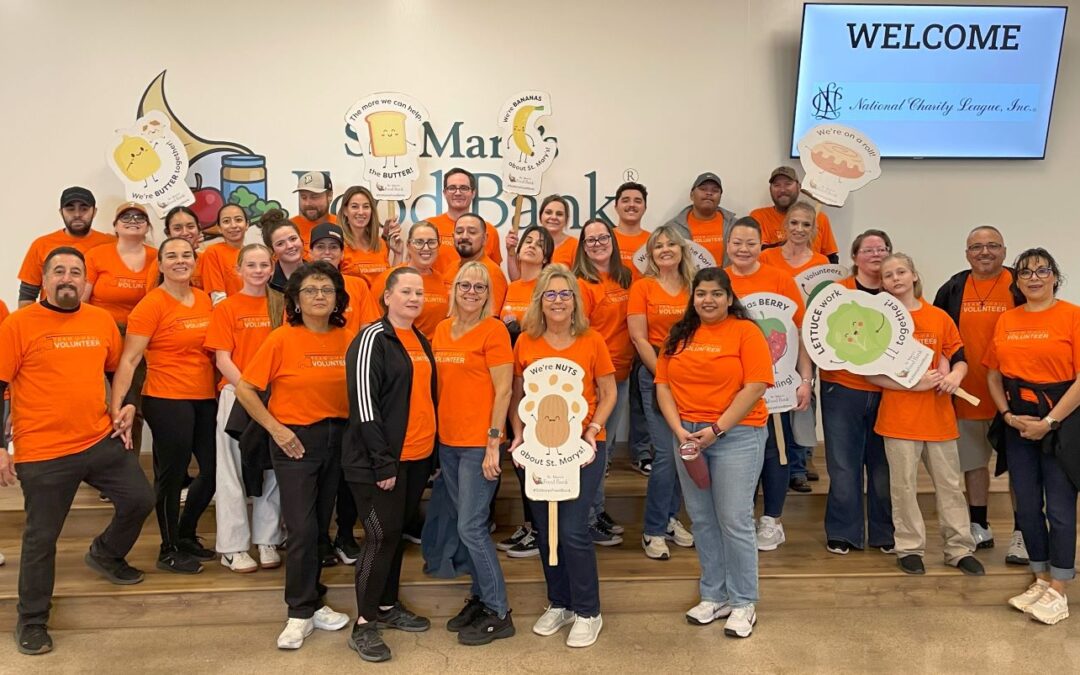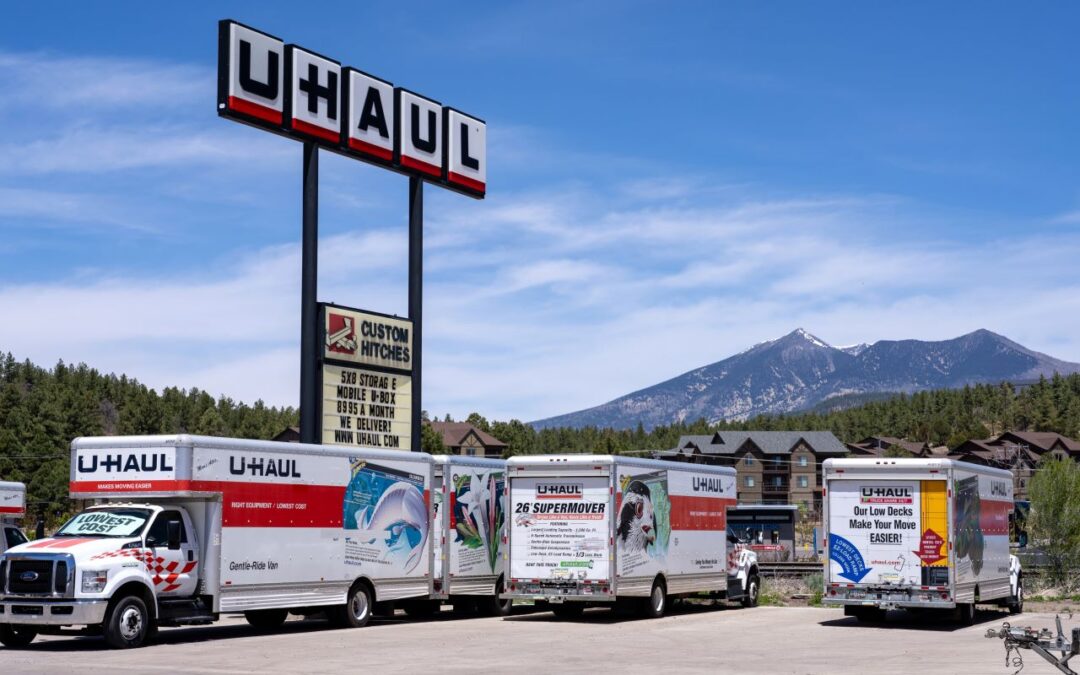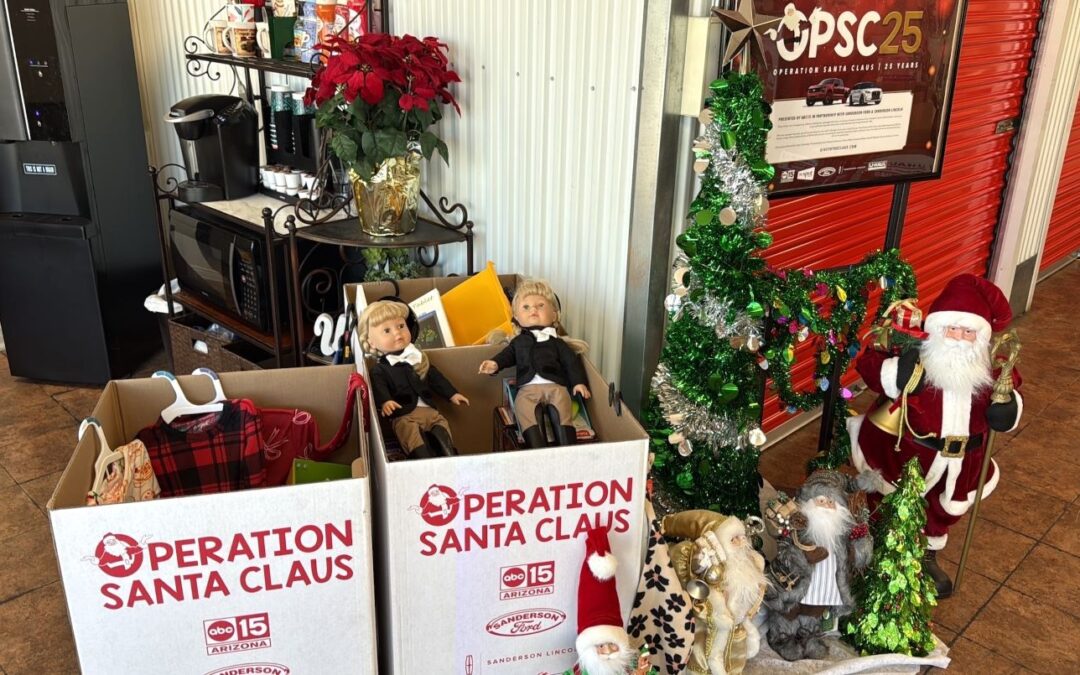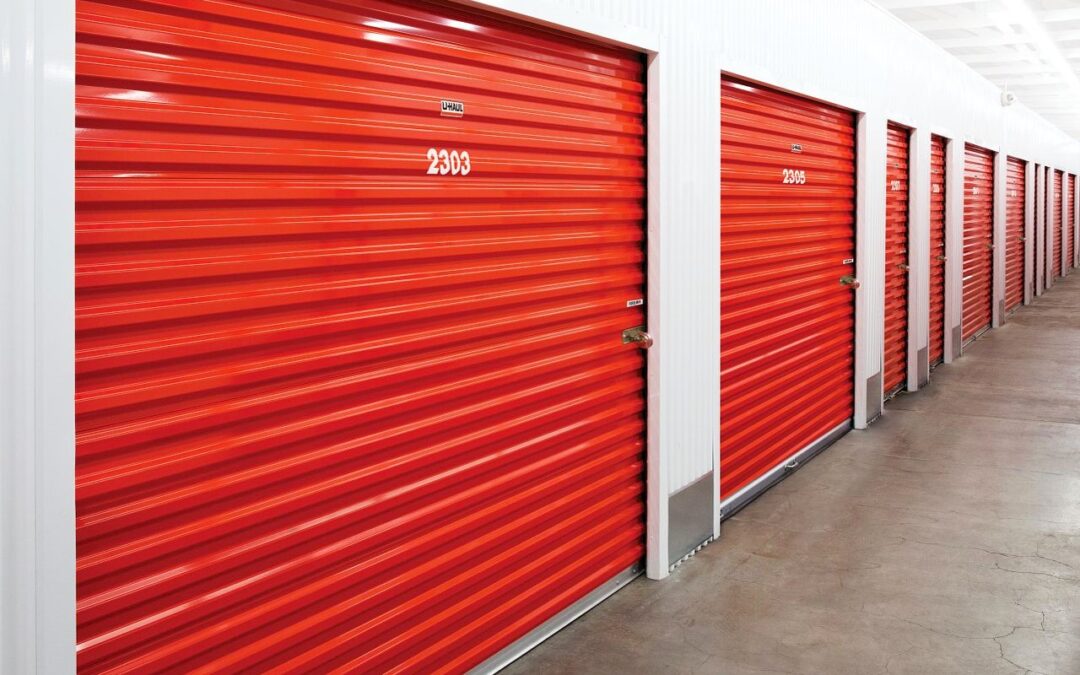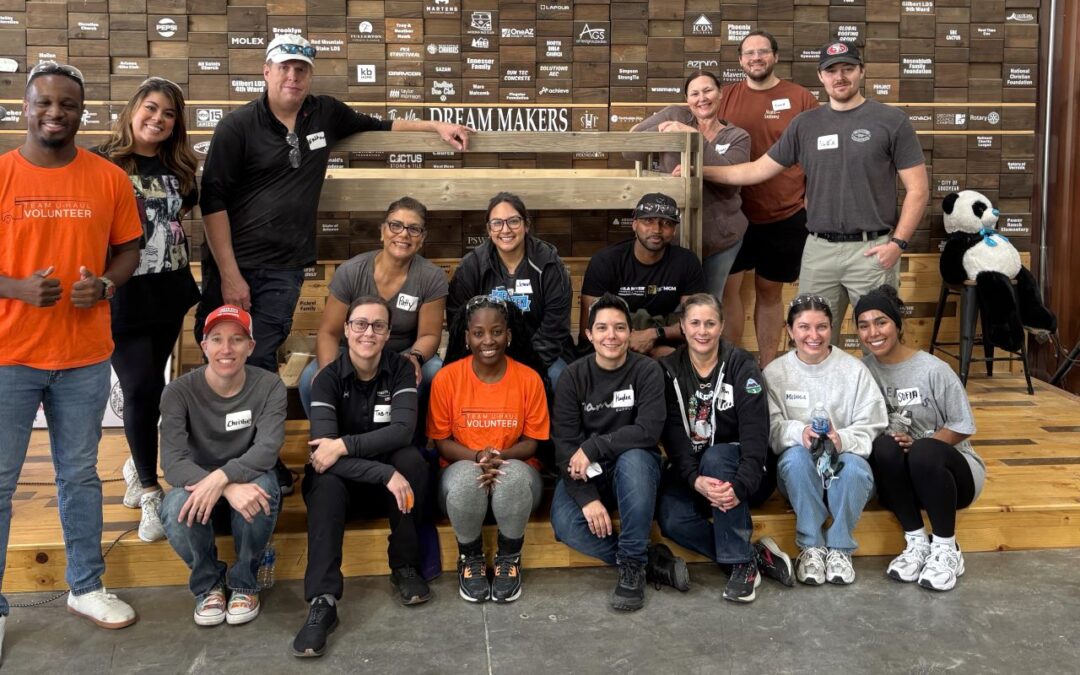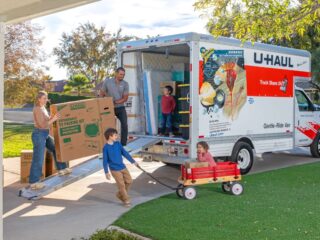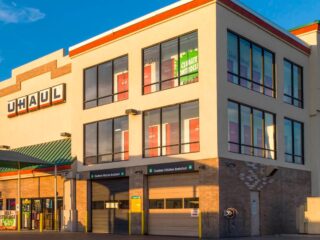Throughout his career, U-Haul Chief Scientist and Sustainability Officer Dr. Allan Yang has diligently worked to highlight the Company’s foothold as an international leader in sustainable business practices.
From repurposing U-Haul truck van bodies into spacious self-storage containers, to crafting adaptive-reuse policies that transform pre-existing buildings into U-Haul stores, Yang has championed numerous sustainability-related projects.

Recently, Yang and a team of scientists in Golden, Colo., carried out a pivotal research study that will positively impact how local government officials and other decision-makers perceive U-Haul in their communities.
These scientists are part of the National Renewable Energy Laboratory’s (NREL) Center for Mobility Sciences, which focuses on discovering and devising creative answers to today’s most pressing mobility-related challenges. The NREL is one of the National Laboratories, a collection of prestigious research institutes that the U.S. Department of Energy (DOE) oversees.
By gathering and analyzing U-Haul customer data from four of the most densely populated cities in the U.S., the team confirmed what U-Haul has long declared: that our products and services are essential —including during a pandemic — and that they promote sustainable behaviors among the general public.
Mobility is Nobility
To gather data for the study, Yang and his fellow scientists worked with U-Haul Digital Marketing to create an online questionnaire that customers could complete after sharing a U-Haul truck or trailer. The questionnaire primarily focused on customers’ motivations for moving during the COVID-19 pandemic, as well as the details of their moving experiences.
What Yang and his team learned was that while COVID-19 case numbers were a factor in some customers’ decisions to move, it was far from being the only — or even the primary — reason.
“The majority of people who responded to the questionnaire chose ‘lower living expenses’ and ‘better employment opportunities’ as their primary reasons for moving,” Yang stated. “This was highly interesting, because it signifies that the majority of people use U-Haul to move to what they consider to be ‘better lives’ for themselves and their loved ones. This happens independent of other forces which may be in play.
“U-Haul provides low-cost resources, including our shared trucks and trailers, that help people overcome whatever location-based barriers are preventing them from living successful lives. Therefore, by making physical and social mobility more possible on a grand scale, U-Haul fulfills one of society’s most basic needs. We want communities to understand that their local U-Haul dealerships and stores are vital parts of the public infrastructure. These customer responses demonstrate that this is the case.”
A Sustainable Service
In a time when federal and local governments are focusing more on sustainability than ever before, Yang and his fellow scientists discovered compelling evidence that U-Haul locations are more environmentally beneficial than first meets the eye.
CLICK HERE to learn more about U-Haul Corporate Sustainability

“One of the main things that we discovered in this study is that, contrary to some misconceptions, U-Haul customers typically use alternative forms of transportation to get to and from our locations, rather than their own vehicles,” Yang added. “In the questionnaire, the majority of customers we surveyed wrote that they carpooled with others to arrive at a U-Haul store or dealer. Public transportation options, including subways and buses, also ranked very highly among respondents.”
According to Yang, these questionnaire results prove that U-Haul stores and dealerships thrive in almost any location, including those with minimal space for customer parking.
“One incorrect idea that some government officials put forth is that U-Haul stores and dealers shouldn’t be located in transit-oriented development (TOD) zones,” Yang said. “These TOD zones are areas that are typically located within a short distance of public-transit stops, such as subway and bus stations. Most of the time, they are filled with businesses and residential areas that are pedestrian- and cyclist-friendly, to encourage people to explore the area without using their personal vehicles.
“Vehicle-rental and self-storage businesses are usually prohibited from operating in TOD zones, because of the assumption that people typically drive their personal vehicles to and from these businesses. Thanks to this study, U-Haul has the evidence to show this is not the case. Even before our customers arrive at our stores and dealerships, they are engaging in sustainable, environmentally friendly behaviors like carpooling and taking public transportation.”
Sharing the Study
Ever since the study’s completion, Yang and the NREL team have worked to broadcast its results. The study was presented at the 2022 International Conference on Transportation & Development and received an extremely positive response.
Yang encouraged all U-Haul Team Members to use this study when collaborating with local governments on U-Haul construction projects.
“Government officials want transportation methods that are sustainable and affordable,” Yang said. “Because of that, our field teams can point to this study and show how we easily meet what they’re looking for, from our low-cost business model that fulfills people’s moving needs, to the sustainable transportation that people use to travel to and from our locations.
“U-Haul is proud to be an affordable and sustainable community resource, and we hope that this study allows people outside of U-Haul to fully appreciate that.”


